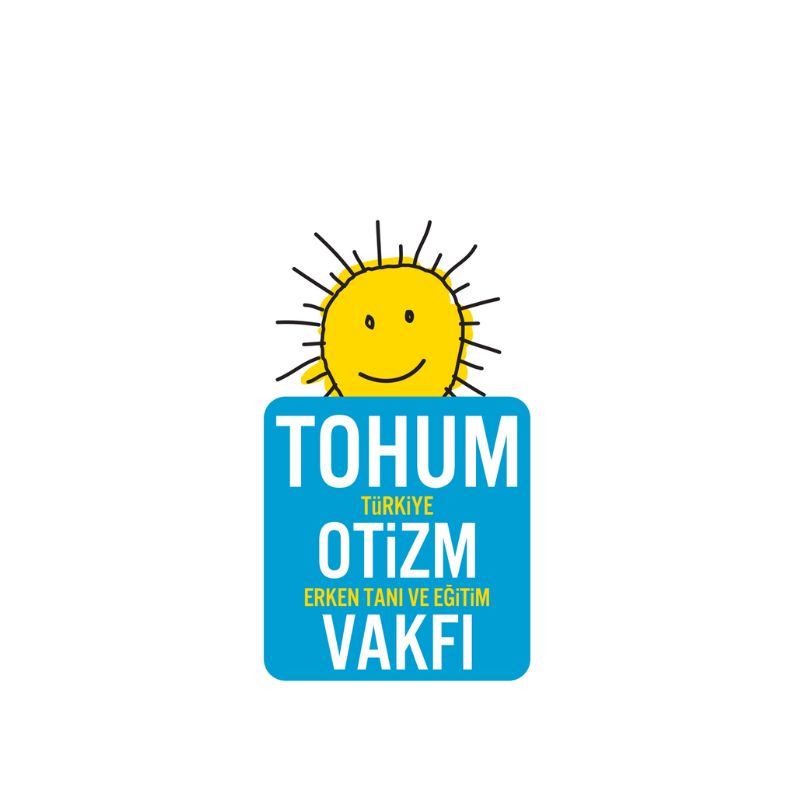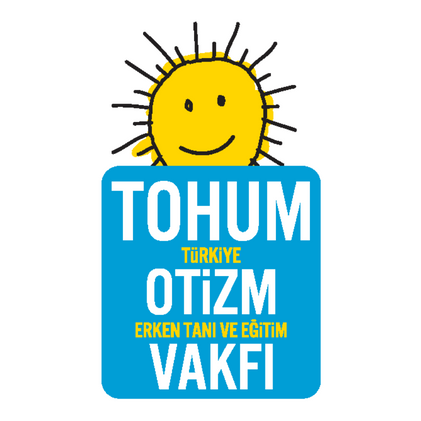Children who are diagnosed with ASD are the least served special needs students. Autism Spectrum Disorder receives the least amount of special education effort, not just in Turkey but also globally. Teachers who work with children with ASD have to possess basic levels of general and special education skills and qualifications (e.g. individualization, class management, effective teaching, etc.)
Special education teachers who wish to work with children with ASD have to have qualifications in the following areas:
- Characteristics and requirements of children who are diagnosed with ASD
- Methods for promoting social interaction (e.g. social stories, video modelling, etc.)
- Methods for promoting communication skills (e.g. PECS, mirroring, etc.)
- Techniques for achieving independent life skills (e.g. activity schedules, community based teaching, etc.)
- Emotional and environmental arrangements (e.g. visual strategies, routines, etc.)
- Positive behavioral support.
The content and structure of the education required for a group of students with ASD, bar ones with Asperger, may need to be very diversified. For example, many children show the fastest progress when taught at a very early age, with one-on-one behavioral teaching that is intensive and continuous. In other cases, very intensive one-on-one behavioral teaching must be given within a group setting. All of these cases require that the teachers who work with children with ASD have special qualifications.
There are no undergraduate or graduate programs available in Turkey specifically for training ASD teachers or specialists. Because of this, special education teachers trained in intellectual disabilities are forced to work with children who have ASD. As explained in the previous section, the educational needs of children diagnosed with ASD differ greatly from those of other special needs groups. It is for this reason that educators trained for teaching students with intellectual disabilities encounter substantial problems when working with ASD.
















